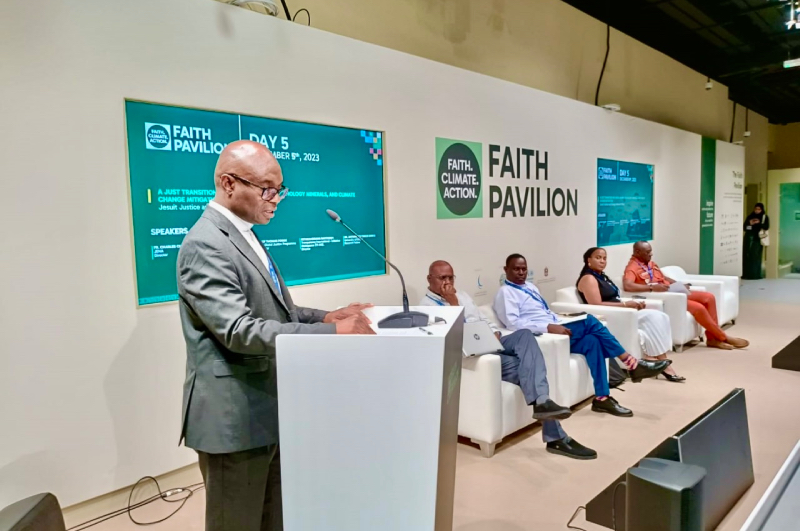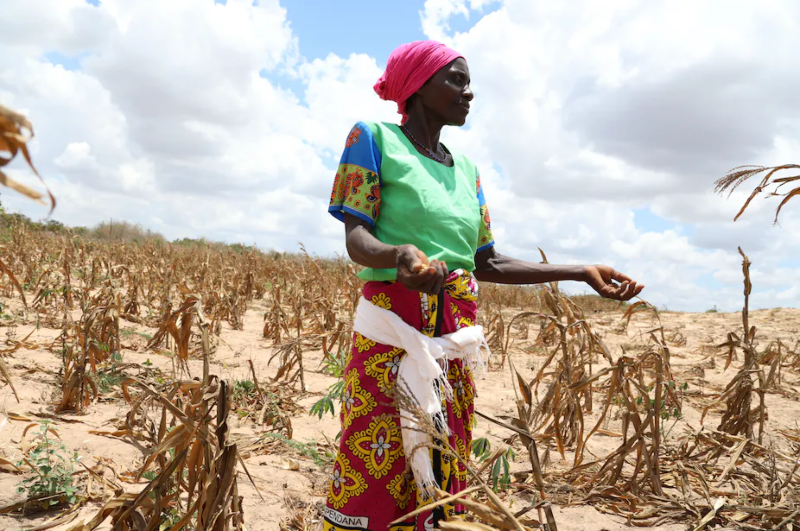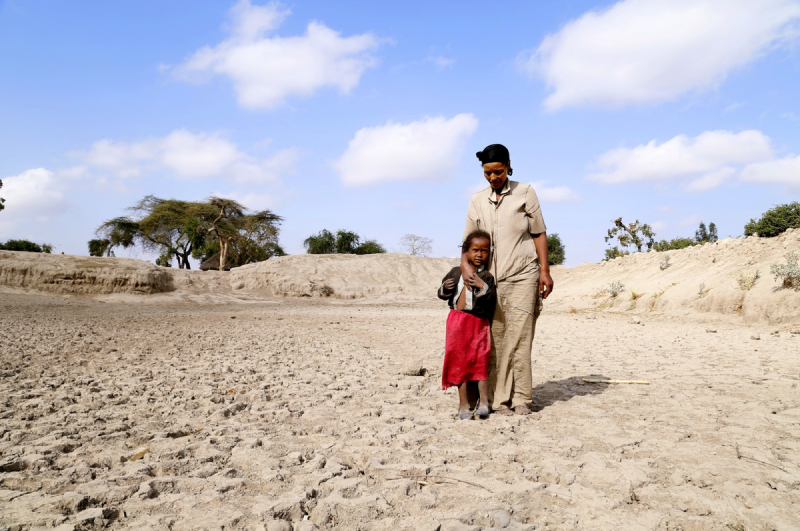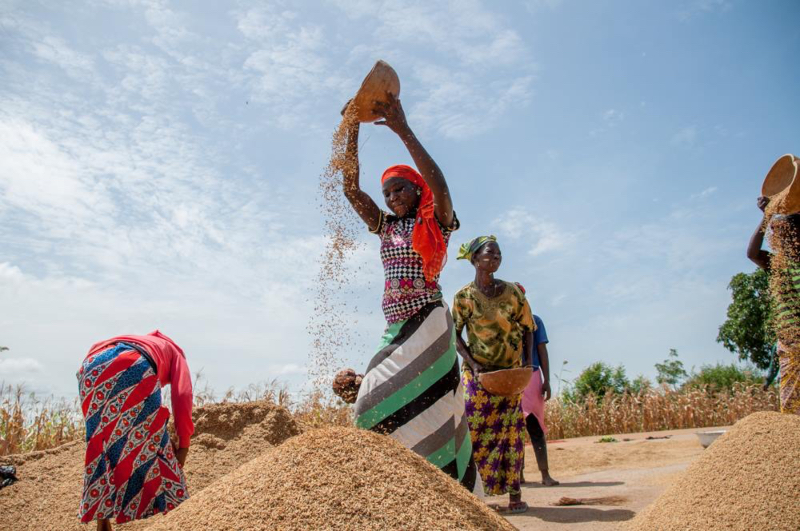

Unprecedented COP28 UAE Declaration on Climate and Health - A Manifestation of Pope Francis’ Integral Ecology
In an extraordinary initiative at COP28, the "COP28 UAE Declaration on Climate and Health" garnered the support of over 120 countries.
This initiative is a collaborative endeavor involving the COP28 Presidency, the World Health Organization, and the UAE Ministry of Health and Prevention, and it aims to place health at the forefront of climate action. This effort acknowledges the interconnected nature of climate change and public health, highlighting the need for climate-resilient, sustainable, and equitable health systems.
The COP28 initiative resonates deeply with the integral ecology framework, underscoring that environmental challenges cannot be separated from social issues. The commitment to placing health at the center of climate action is a recognition of the intertwined nature of climate change and public health, mirroring the Pope's call for a unified response to care for our common home and for each other.
The Declaration is a response to the growing health impacts of climate change on communities and nations worldwide. It recognizes the benefits to public health that can be achieved through strong climate action, such as reduced air pollution and decreased healthcare costs. For the first time in history, Health Ministers attended the annual UN climate conference alongside Environment Ministers, indicating a new approach to climate policy that considers the social implications of governmental decisions. The urgency of this integration is underscored by the nearly 9 million annual deaths attributed to air pollution and the increasing prevalence of heat-related illnesses and extreme weather events affecting millions globally.
To support the political commitments of the Declaration, a series of new finance commitments were announced, including a USD 300 million pledge by the Global Fund to prepare health systems, USD 100 million by the Rockefeller Foundation to scale up climate and health solutions, and up to GBP 54 million by the UK Government. These commitments were made ahead of COP28's inaugural Health Day and align with broader aims to keep global warming to 1.5°C within reach.
The Declaration promotes the development of more climate-resilient health systems and encourages cross-sectoral collaboration to reduce emissions and maximize health benefits. It also emphasizes the importance of finance in driving successful outcomes, leading to the announcement of the "COP28 Guiding Principles for Financing Climate and Health Solutions," which were endorsed by over 40 financing partners and civil society organizations. These principles aim to bolster financing, mobilize new funds, and foster innovation with transformative projects across multiple sectors. Furthermore, the COP28 Presidency has committed to reducing emissions by at least 43% over the next seven years as part of a broader strategy to address the health impacts of climate change.
Additionally, various organizations have stepped forward with financial commitments to address climate and health challenges. The Asian Development Bank launched a new Climate and Health Initiative with an initial allocation of $7 million in seed funding, which is expected to catalyze significant co-financing and co-investments. The Bill & Melinda Gates Foundation pledged $57.95 million towards climate and health, focusing on climate-focused malaria efforts and transdisciplinary approaches to address the combined effects of climate change on health and agriculture. The Wellcome Trust announced a £100 million investment to support research addressing the climate change health crisis.
The Breathe Cities Initiative by Bloomberg Philanthropies, Clean Air Fund, and C40 Cities is a $30 million clean air initiative that aims to reduce air pollution by 30% by 2030. The Rockefeller Foundation committed $100 million to advance climate and health solutions, focusing on community-driven innovations in low- and middle-income countries. The UK government also announced financial support for climate and health, with a new £20 million research program to strengthen health service delivery and resilience in the context of extreme weather events.
Foundation S pledged $42 million to support community-led adaptation solutions to climate change, emphasizing the need for public-private partnerships to enhance community resilience against the health implications of climate change.
These efforts at COP28 illustrate a significant shift in the climate change discourse, integrating health concerns directly into climate action plans and recognizing the severe impacts of climate change on global health.
Key Highlights
Global Endorsement: The Declaration, receiving the backing of 123 countries, marks a first in global governance where governments acknowledge the severe health impacts of climate change. It underscores the vast benefits of robust climate action, including reduced air pollution and healthcare costs.
Health and Environment United: In a historic first, Health Ministers joined Environment Ministers at COP28, signaling a pivotal shift in policy-making, where health implications are integral to climate decisions.
Financial Commitments: The Declaration is supported by significant financial pledges, including USD 300 million from the Global Fund, USD 100 million from the Rockefeller Foundation, and GBP 54 million from the UK Government, emphasizing the commitment to sustainable, climate-resilient health systems.
World Climate Action Summit
The World Climate Action Summit (WCAS), as part of the United Nations Climate Change Conference COP28, convened with global leaders focusing on translating key climate decisions into tangible actions. Held on December 1 and 2, 2023, the Summit signified a unified call to world leaders by His Highness Sheikh Mohamed bin Zayed Al Nahyan, President of the UAE, to raise ambition, enact concrete plans, and sustain high-level commitments to combat the climate emergency through coordinated action.
This high-level meeting, attended by Heads of State and Government, was structured to allow each party a single opportunity to deliver a national statement, reflecting their dedication to climate issues and their willingness to align with the goals of the Paris Agreement.
The Summit's emphasis on actionable climate solutions reinforces the message that the fight against the climate crisis is not just about setting goals but about implementing them in ways that are measurable and impactful. It underscores a collective recognition of the need for urgent, concerted efforts to translate policies and promises into real-world progress toward climate resilience and sustainability.
G-77/China Meeting
The G-77/China meeting at COP28 was a significant event, marking the first time this group convened formally within the context of a COP to negotiate unified positions on climate change. This inaugural session, led by Cuban President Miguel Díaz-Canel Bermúdez, brought to light the critical need for unity among developing nations to address the widening North-South divide. The session was dedicated to articulating and advancing the interests and aspirations of the Global South within the broader climate discourse.
This assembly underscored the disparities between the affluent North and the increasingly impoverished South, with a call for immediate action to address the high human costs associated with these inequities. The Cuban President emphasized the responsibility of the nations of the South to assert their voice and defend their legitimate interests, advocating for concerted action based on shared values and a respect for diversity.
Concurrently, the COP28 Summit announced the creation of a loss and damage fund aimed at compensating the most vulnerable countries affected by the climate crisis. This fund, endorsed by the largest global meeting on climate change, received financial commitments from several countries including the United Arab Emirates, Germany, United Kingdom, United States, and Japan, reflecting a tangible step towards addressing the needs of those most impacted by climate change.
These developments at COP28, including the establishment of the loss and damage fund and the unified stance of the G-77/China, represent a pivotal moment in climate negotiations. They signal a growing recognition of the interconnected challenges faced by developing countries and a collective resolve to ensure that these concerns are central to the global climate action agenda.
The Global Stocktake (GST)
The Global Stocktake (GST) conducted at COP28 was a crucial mechanism established under the Paris Agreement to periodically evaluate global climate action. The GST focused on three key domains: mitigation, adaptation, and climate finance. It was designed to assess progress and push for stronger commitments from nations. This process, involving a wide range of stakeholders including scientists, institutional players, and the private sector, was crucial in building momentum for enhanced climate action and integrating climate considerations into both public and private economic and financial decision-making.
Climate finance was a significant point of discussion, reflecting the Paris Agreement's principle of common but differentiated responsibilities. The need to support developing countries by historical emitters was emphasized, noting that the $100 billion a year commitment made in 2009 had not been met. In 2021, developed countries mobilized $89.6 billion, but there was a call for a shift from concessional loans, which can worsen debt liability, to grants. Negotiations at COP28 aimed to set the stage for future discussions on a new annual climate finance target to replace and potentially increase the existing pledge.
The meetings also highlighted the importance of reforming Multilateral Development Banks to better mobilize private finance and share risks. Instruments such as debt-for-climate swaps, which offer favourable conditions on external financing for specific conservation or climate-related projects, were gaining momentum. For instance, Barbados reached a significant agreement with the European Investment Bank and the Inter-American Development Bank for $300 million to finance the upgrade of its water infrastructure, indicating a novel approach to integrating climate action into financial strategies.
Another focal point was the loss and damage fund launched at COP27. The transitional committee reached a consensus on its operationalization, though challenges remained regarding which countries would qualify for support and the scale and sources of funding. The fund's interim host, the World Bank, faced criticism for its preference for loans over grants and for slow disbursements during climate disasters. There was a strong push for grant-based funding from developing countries, and the EU's commitment to contributing significantly to the fund highlighted the differences in approach between the EU and the US.
Adaptation finance, which is critical for developing countries given their increased vulnerability to climate change, was also discussed. Developing countries focus on adaptation deficit in climate talks, emphasizing that adaptation projects often do not attract private capital as readily as mitigation projects. The GST at COP28 sought to address these concerns, with potential success hinging on the adoption of the Global Goal on Adaptation, which would establish an international framework with clear objectives and indicators for monitoring progress in adaptation.
These discussions at COP28 underscored a global consensus on the need for increased financial flows, both public and private, to support developing countries in their climate action efforts, particularly in adaptation and addressing loss and damage. The emphasis on private capital's role, alongside public finance, was a clear signal of the move towards innovative financing mechanisms that could bridge the gap between current commitments and the actual needs of nations most affected by climate impacts.
Editorial Note
The COP28 UAE Declaration on Climate and Health exemplifies the ethos of integral ecology taught by Pope Francis. It reflects a growing consciousness that the ecological crisis, including climate change, is intrinsically linked to health and well-being crises worldwide. By embracing this interconnected approach, COP28 has set a new course for climate change discussions; one that is inclusive, comprehensive, and reflective of the multi-faceted nature of our global challenges.
The developments at COP28 signal a paradigm shift in how we approach climate change - not just as an environmental issue, but as a health imperative. The global community's commitment to integrating health into the climate agenda and the financial backing it has received reflects a more holistic and urgently needed approach to combating climate change. As we move forward, the lessons and commitments from COP28 will be crucial in shaping a healthier, more resilient future.
Stay connected with JENA for the latest developments in climate and health by clicking {here}.
Related Articles
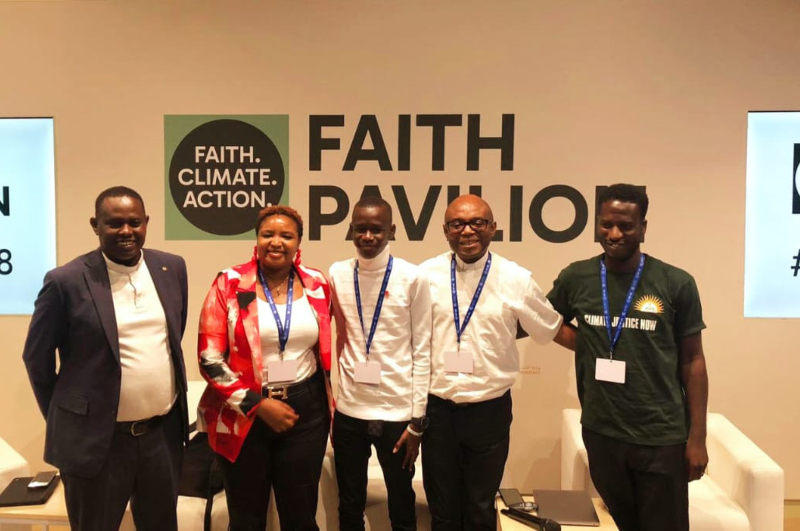
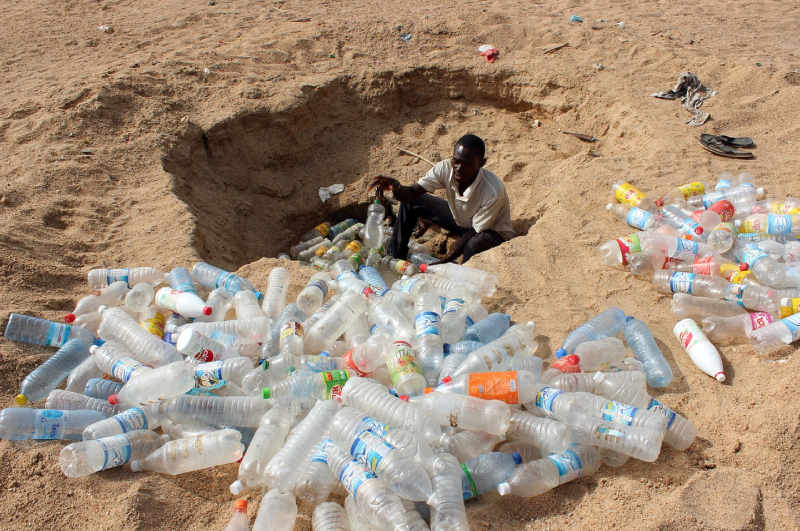
Select Payment Method
Pay by bank transfer
If you wish to make a donation by direct bank transfer please contact Fr Paul Hamill SJ treasurer@jesuits.africa. Fr Paul will get in touch with you about the best method of transfer for you and share account details with you. Donations can be one-off gifts or of any frequency; for example, you might wish to become a regular monthly donor of small amounts; that sort of reliable income can allow for very welcome forward planning in the development of the Society’s works in Africa and Madagascar.
Often it is easier to send a donation to an office within your own country and Fr Paul can advise on how that might be done. In some countries this kind of giving can also be recognised for tax relief and the necessary receipts will be issued.


